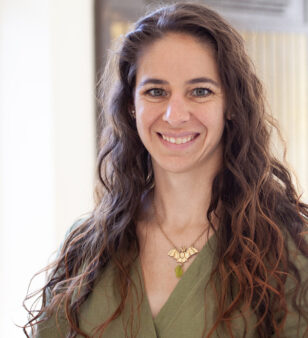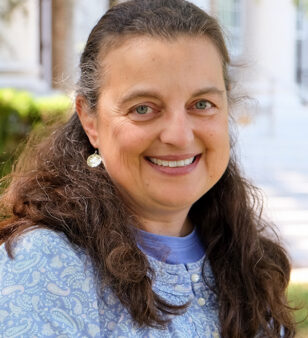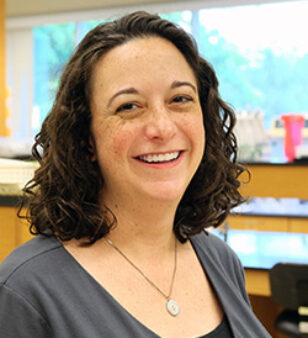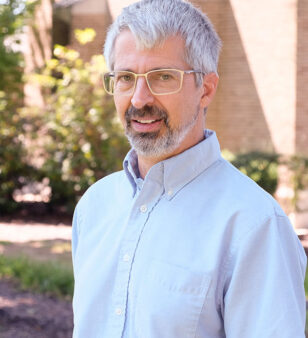When you major in Genetics and Counseling Psychology we see you on your way to a leadership role in the emerging healthcare field. By using independent thinking skills to investigate the real-world impact of genetic variation, you will develop an appreciation for the complexity of human traits, as well as the strengths and limitations of existing and emerging approaches to understanding the basis of traits and the etiology of disorders with at least some heritable variation.
This major fulfills the general requirements to be admitted to graduate-level genetic counseling programs. The overall program provides you with broad training across both genetics and psychology, preparing you for various careers.
How To Apply
Applying is free and straightforward—because we believe nothing should stand in the way of your dreams!

Dive A Little Deeper
Upcoming Admissions Events
Accreditation
Cedar Crest College is accredited by the Middle States Commission on Higher Education; 1007 North Orange Street, 4th Floor, MB #166, Wilmington, DE 19801
Faculty & Staff
Who’s teaching you is as important as the curriculum you choose.
Let’s put a face to some of the names you’ll be seeing on the course listings!

Audrey Ettinger
Chair of Biological Sciences; Associate Professor







- School of Adult and Graduate Education
- sage@cedarcrest.edu
- P: 610-740-3770
- Traditional Admissions
- admissions@cedarcrest.edu
- P: 800-360-1222
- F: 610-740-3780